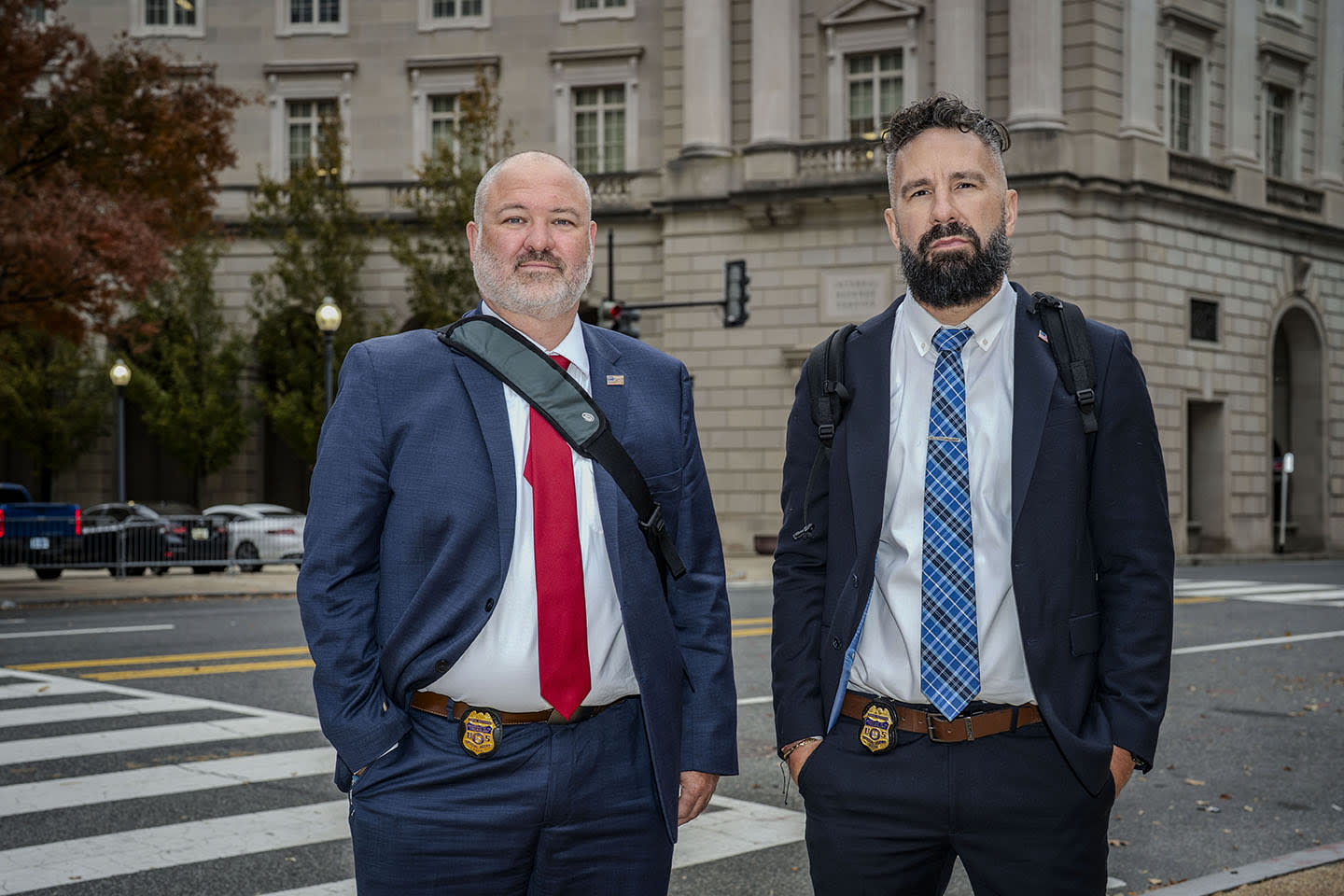Applying for financial aid, without getting hacked
Suppose that being a good parent of a college-bound child, you jumped through all the hoops and filled out the online FAFSA form to qualify for financial aid. Then you attempted to download all of your tax information from the IRS into the form -- only to find that this sensitive personal information may have been hacked.
I’m in that boat -- can you feel my anxiety? Not only have I wrestled with FAFSA’s needlessly difficult process, now I have to worry about being the victim of identity theft. I’ve already had my credit card information stolen in the past -- twice -- so, I’m not a happy camper.
I know you can still do the FAFSA tax section manually, which I’ve done. But why does a difficult process have to get even more nettlesome? You would think some kind of conspiracy is preventing families from getting financial aid and forcing them to go into even more debt.
Fortunately, I’m not paranoid, and I don’t think there’s a conspiracy. I still encourage everyone applying to college to fill out the FAFSA, which may open the door to multiple financial aid possibilities. Still, the whole business is vexing.
The FAFSA-IRS link -- known as the “Data Retrieval Tool” (DRT) -- was used to file “about 8,000 fraudulent refunds, totaling $30 million. The IRS prevented another 14,000 illegal refunds from going out the door and halted action on 52,000 other returns,” IRS chief John Koskinen told the Senate Finance Committee on April 6. The IRS said it’s engaged in an “ongoing criminal investigation.”
When the Department of Education was informed of the hacking, it shut down the DRT in March, although the IRS noticed problems beginning in September. The tool isn’t slated to be activated again until this fall, presumably with bolstered cybersecurity measures.
To get some deeper insight into what may have happened, I consulted Mark Kantrowitz, a leading expert on college financing. Mark is publisher and vice president of strategy at Cappex, a college and scholarship search site.
“The hack involves a form of tax return fraud,” Kantrowitz told me. “The hackers attempt to file a 2016 federal income tax return in your name before you do, so that they can receive your federal income tax refund. In order to do so, the hackers need to authenticate themselves to the IRS. They need to know your name, date of birth, Social Security number and address. But most importantly, they need to know the adjusted gross income (AGI) from your 2015 federal income tax return.”
By the way, all of this personal information is hot currency for cyberthieves. They steal it, sell it or use it to open new lines of credit or file false tax refunds.
“In the meantime, applicants should file the FAFSA based on a copy of their federal income tax returns,” Kantrowitz suggested, noting that there will be an extra layer to the aid process. “Without the DRT, the number of FAFSAs selected for verification will increase. Applicants who are selected for verification will have to obtain a tax return transcript from the IRS to complete verification.”
If you don’t have a copy of your tax return, you can obtain a transcript by contacting the IRS. I like to keep copies of my tax forms on my computer (in pdf format), so I can easily reference and print them. And my tax preparer always sends me encrypted electronic copies, which is a necessary security safeguard if you get any personal information through email.
The ugliest part of this story is that the IRS-FAFSA connection wasn’t secure enough to wall off cyberthieves. This has been a problem for years, considering my tax information was also stolen in the past and used to file a false return. It took us a year to clear up that mess, although we didn’t lose any money.
When working through the aid process, don’t get discouraged. While the government could make this gantlet much easier, keep your focus on avoiding loans and obtaining grants, scholarships, tuition discounts and other nonloan aid.
Use online tools to refine your scholarship search by creating a customized profile to find grants locally and across the country. With multiple search sites available, you can cast a wide net. Billions of dollars in private scholarships are waiting to be obtained outside of the FAFSA process.
Still, if you haven’t done so, file your FAFSA by manually inputting your tax information. Then have a dialogue with college aid offices. They’re fully aware of the problem and may cut you some slack on aid deadlines. You can also send them information on paper through the mail. It may be much safer than doing an online retrieval.



